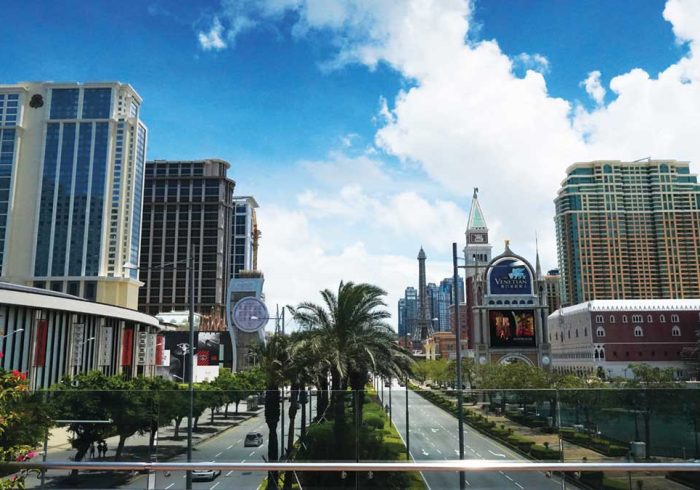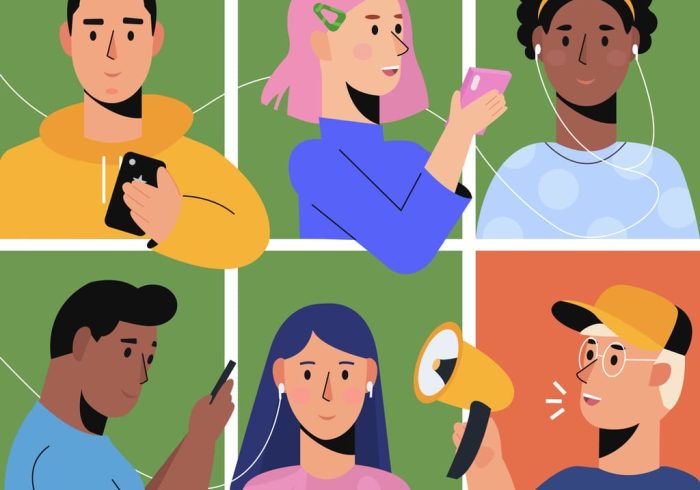The Michigan Gaming Control Board (MGCB) has announced that it has issued a cease and desist letter to Harp Media B.V., the company that operates online betting sites Bovada.com and Bovada.lv.
In its statement, the MGCB said that Bovada is in violation of local gaming laws including:
It goes on to outline that Bovada is not a state-licensed internet gaming operator and not recognized as lawful by the state of Michigan as per the Lawful Internet Act. It also notes that any gambling operations in the state are prohibited unless licensed under the Michigan Gaming Control and Revenue Act.
The company is in breach of the state’s penal code as it prohibits any from of gambling.
Harp Media B.V. now has 14 days to take action to prevent people in Michigan from accessing its gambling websites. If it fails to do so, the MGCB will take further legal action.
Speaking of the move MGCB Executive Director Henry Williams said:
“The proliferation of online gaming platforms has led to increased scrutiny from regulatory bodies worldwide, and this action serves as a stern warning to overseas companies that flouting local regulations will not be tolerated. The MGCB remains steadfast in its commitment to upholding Michigan’s laws and regulations and will continue to actively monitor and enforce compliance within the state to ensure a fair and secure gaming environment for all.”
This is not the first time that states have moved against offshore gambling sites. In 2022, New Jersey sent cease and desist letters to multiple gambling operators. Following the move, the majority of non-state licensed sites removed access to their products within the Garden State.
In 2023, gambling regulators in seven states, Nevada, New Jersey, Michigan, Illinois, Colorado, Mississippi, and Louisiana wrote to U.S. Attorney General Merrick Garland asking for help in their efforts to block illegal offshore betting.
In recent years, the state of Michigan has been cracking down on illegal offshore gambling sites, including popular platforms like Bovada. This move comes as part of a larger effort to regulate and control the online gambling industry within the state.
Offshore gambling sites have long been a thorn in the side of state regulators, as they operate outside of the jurisdiction of US laws and regulations. This makes it difficult for authorities to monitor and enforce rules designed to protect consumers and prevent problem gambling.
Michigan’s decision to block access to these sites is a significant step towards creating a safer and more regulated online gambling environment. By preventing residents from accessing offshore sites, the state can better control the flow of money and ensure that players are protected from potential scams or fraud.
Additionally, by cracking down on offshore sites, Michigan can also boost revenue for its own licensed online gambling operators. By directing players towards legal and regulated platforms, the state can ensure that taxes are collected and that operators are held accountable for their actions.
Overall, Michigan’s actions to prevent access to offshore gambling sites are a positive development for both consumers and the state’s gambling industry. By creating a more controlled and regulated online gambling environment, Michigan is taking a proactive approach to protecting its residents and promoting responsible gambling practices.





